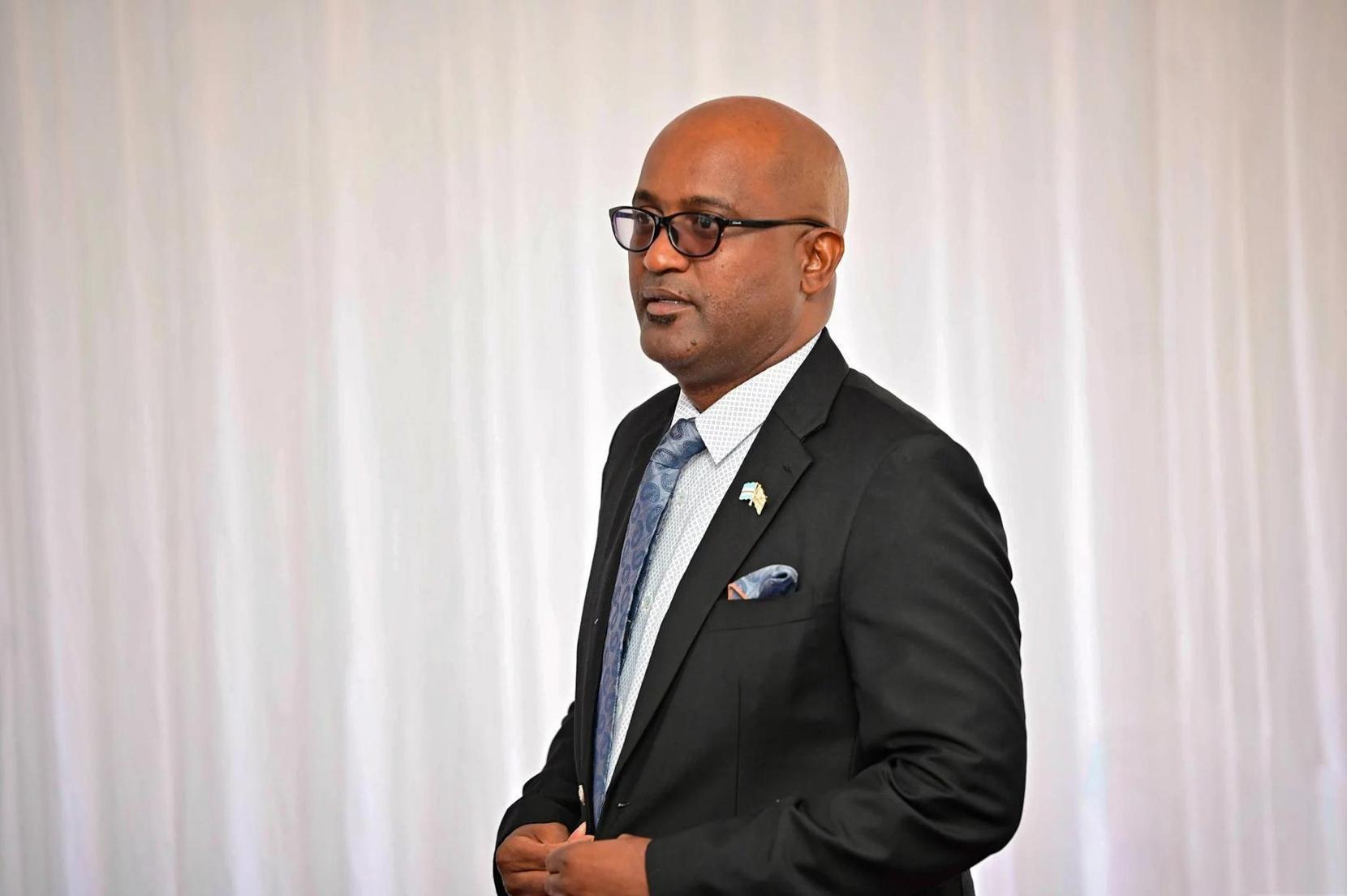Africa-Press – Botswana. The implementation expenses of projects under the Development Manager (DM) model, introduced in 2024, have surged significantly. Originally estimated at P13 billion, the total costs have now escalated to P56 billion.
These findings were revealed in a recent report following an assurance by the Minister of Transport and Infrastructure, Mr Noah Salakae.
The minister committed to reviewing the DM model as an infrastructure delivery concept, as well as assessing the projects undertaken under this framework and the actual implementation process.
The DM model was introduced as a procurement model to execute some projects of the second TNDP (2023 – 2025), and was a replacement of the conventional procurement method, which has been used to undertake development projects.
The report, which is available for viewing by the public and interested parties, notes the disparities of development project costs between the Transitional National Development Plan (TNDP) and the Maximum Guarantee Price (MGP) for both road and school projects.
According to the team report, infrastructure development should deliver economic value at minimal cost and project delivery models should result in cost savings, efficient turnaround times and avoidance of delays or overruns.
“The model must contribute meaningfully to employment, tax revenues and citizen empowerment,” reads the report.
In some school projects, for example, the construction of a primary school in Legonono, Molepolole was first estimated at P18, 784, 929 but the costs ballooned to P119, 774, 606 under the DM model.
The 200 kilometre Francistown – Nata Road was estimated at P1.9 billion under the TNDP but the costs escalated to P4 billion.
Only one project, Maun internal roads, recorded a reduction, from P971.9 million to P419 million, a 56.8 per cent decrease.
“The escalation of costs, approved under the oversight of the Catalyst Project Team (CPT) underscores the need for stronger financial controls, greater transparency and a robust value-for-money framework in future infrastructure planning,” states the Task Force.
According to the Task Force, the National Planning Commission and the Ministry of Finance have confirmed that the DM model was expected to affect National Development Plan (NDP) funding by 40 to 60 per cent.
Botswana’s national development planning system has been regarded as one of the foundations of its economic success, but the introduction of the DM model has ‘disrupted this system, undermining core institutional relationships and shifting essential planning and oversight functions away from their traditional custodians’.
The CPT, established to coordinate and monitor DM projects, has taken over the responsibilities traditionally held by the National Planning Commission (NPC) and the Ministry of Finance.
“These include project monitoring, reporting, and oversight of public finance management,” the Task Force notes.
Due to this duplication of roles, the oversight of TNDP has been diminished, cost escalations have gone unchecked, and the production of reliable data for evidence-based policymaking has deteriorated, notes the report.
“The result is weakened public financial management, reduced accountability, and a distortion of planning priorities,” reads the report.
It has also been discovered that citizen-owned construction companies were marginalised from the onset.
The exclusion of local firms has led to job losses, business closures and liquidity challenges.
For More News And Analysis About Botswana Follow Africa-Press






